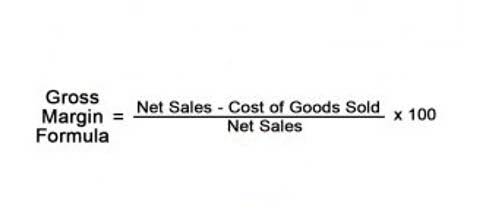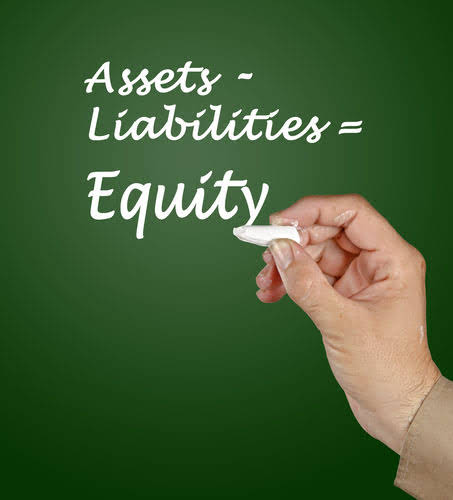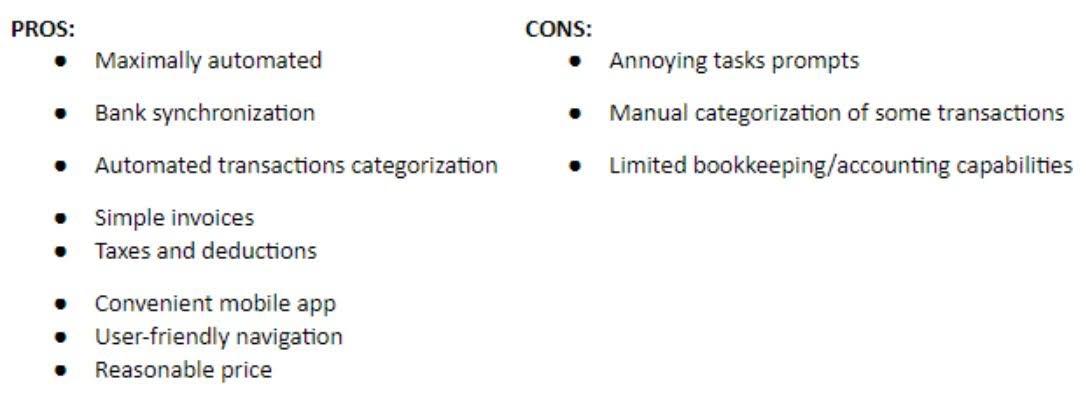Our mission is to empower you with the tools and knowledge you need to make informed decisions, understand intricate financial concepts, and stay ahead in an ever-evolving market. The company has long term borrowings, i.e., non-current liabilities of $7,000. Those just getting started in stock investing should check out these five tips. Stock futures are contracts where the buyer is long, i.e., takes on the obligation to buy on the contract maturity date, and the seller is short, i.e., takes on the obligation to sell.
Key Differences Between Stock and Flow
Whether you are new to investing or looking to deepen your knowledge, understanding shareholders and their rights is crucial. So, let’s dive in and explore what a shareholder is, the rights they possess, and the different types of shareholders. Stockholders are a type of stakeholder, but not all stakeholders are stockholders (e.g., employees don’t always own shares).
Financial
Conceptually, shareholders have the greatest risk of loss of any stakeholders in a business, but can also profit the most handsomely from an increase in the value of the business. By understanding their rights, responsibilities, and the various types of stock, investors can navigate the financial markets with greater clarity and make informed decisions about their ownership stake. Is a legal contract between a company and its stockholders outlining their rights and responsibilities. It can address issues like voting rights, dividend distribution, transfer of shares between stockholders and the treatment of shares if a shareholder dies. Common stockholders have voting rights and the potential for higher returns, stockholder definition economics but they face more risk, while preferred stockholders have priority in dividends and liquidation but usually lack voting rights. Stocks serve as a critical mechanism for companies to raise capital and fund operations, expansions, and investments.
Share
The executive board of a company will hold annual meetings to report overall company performance. Should investors and stockholders disagree income summary with the company’s current operation or future plans, they have the power to negotiate changes in management or business strategy. A shareholder, also referred to as a stockholder, is any person, company, or institution that owns at least one share of a company’s stock (equity). Because shareholders are a company’s owners, they reap the benefits of the company’s successes in the form of increased stock valuation or profits distributed as dividends.
- The main benefits for these shareholders is the increase in their share value and dividend of the company when the business grows and profitability increases regularly.
- A stockholder, also called a shareholder, is a person who owns stock in a corporation.
- This analysis gained further sophistication with the development of modern macroeconomic theory and econometrics.
- The Motley Fool reaches millions of people every month through our premium investing solutions, free guidance and market analysis on Fool.com, top-rated podcasts, and non-profit The Motley Fool Foundation.
- This vote ensures existing shareholders have a say in decisions that affect their ownership stake.
According to the type of shares
There is also company-specific risk related to the performance, management, and industry conditions of the company. Additionally, economic and geopolitical uncertainties can impact stock prices. Diversifying investments across various sectors and asset classes can help mitigate some of these risks, but they cannot be eliminated entirely. Stock prices fluctuate due to a combination of factors, including the company’s financial performance, investor sentiment, economic indicators, market conditions, and broader geopolitical events.
How many subscription rights does a Shareholder receive?
Stockholders’ equity represents the residual interest in the assets of an entity after deducting its liabilities. It’s calculated as Assets – Liabilities and is a key element of the accounting equation. This figure shows the net worth attributable to stockholders and is vital for financial statement analysis. Understanding stockholders is essential for financial exams and helps in analyzing real-world company scenarios.
Share if you liked
Large investment firms owning thousands of shares are also considered stockholders. In business, stockholders can influence major decisions such as mergers or appointment of directors. A stockholder has the lowest priority for receiving payment in the event of a corporate liquidation, with secured and general creditors being entitled to full payment before any residual amounts are paid out to stockholders. A stockholder who owns the issuer’s preferred stock will receive payment before any stockholders who own the firm’s Financial Forecasting For Startups common stock. Fund generated from stockholders is reported in a balance sheet of organizations as paid-up capital under shareholder’s fund.
Roles of a Shareholder
A direct public offering is an initial public offering in which the stock is purchased directly from the company, usually without the aid of brokers. In general, the shares of a company may be transferred from shareholders to other parties by sale or other mechanisms, unless prohibited. Most jurisdictions have established laws and regulations governing such transfers, particularly if the issuer is a publicly traded entity. Shareholders are one type of stakeholders, who may include anyone who has a direct or indirect equity interest in the business entity or someone with a non-equity interest in a non-profit organization.
The History of ‘Bull’ and ‘Bear’ Markets
In recent years it has come to be accepted that the share markets are not perfectly efficient, perhaps especially in emerging markets or other markets that are not dominated by well-informed professional investors. After the transaction has been made, the seller is then entitled to all of the money. Importantly, on selling the stock, in jurisdictions that have them, capital gains taxes will have to be paid on the additional proceeds, if any, that are in excess of the cost basis. There are various methods of buying and financing stocks, the most common being through a stockbroker. Brokerage firms, whether they are a full-service or discount broker, arrange the transfer of stock from a seller to a buyer. Most trades are actually done through brokers listed with a stock exchange.





